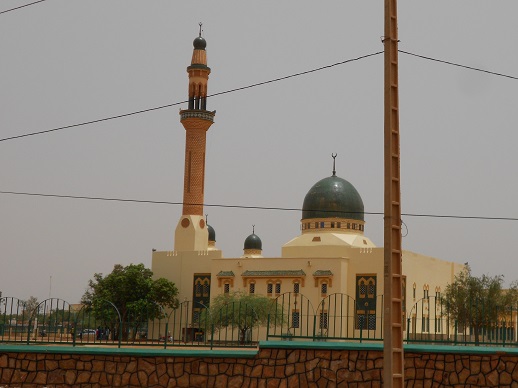
Bangladesh approved the construction on its territory of 560 mosques on Wednesday, April 26. The project, financed by the Saudi government to the tune of over a billion dollars, worries advocates of secularism and representatives of various religious minorities.
According to La Croix International, they fear these mosques might become new bases for spreading the very stringent version of Islam that the oil-rich Gulf monarchy advocates.
Bangladesh is far from being the first country to benefit from the financial favours of Saudi Arabia for this type of project. For over 50 years now, the Gulf kingdom has been striving to spread Wahhabism.
This sectarian doctrine fuels Sunni extremism by supporting the construction of hundreds of mosques, schools or Islamist cultural centres throughout the world.
The Gulf monarchy has reportedly spent more than 70 billion dollars (about 65 billion euros) since 1979 to finance such projects abroad.
Additionally, a system of scholarships was also set up, enabling clerics to go and study for many months in Saudi Arabia. Back in their home countries, these imams spread the strict vision of the Qu’ran that they were taught.
According to Pierra Conesa, a senior French Defence Ministry official, some 30,000 people have been trained in these Saudi Islamic universities.
They are then found in the entire Sahelian strip, in Mali, Niger, Central African Republic, etc.